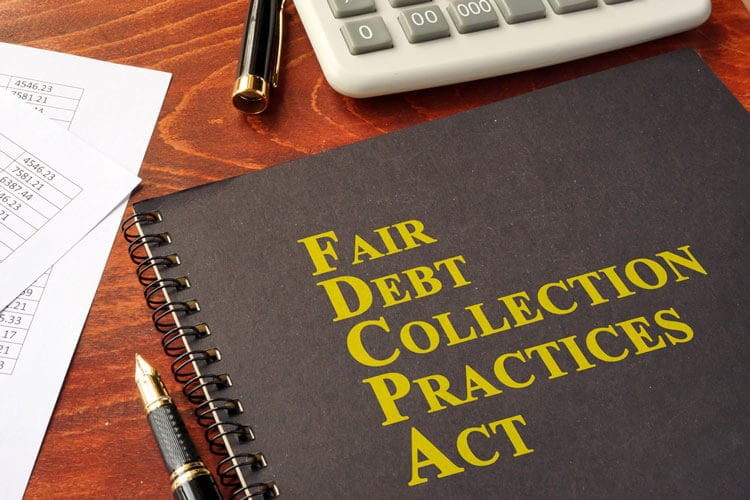
If you have an unpaid debt, you might start receiving letters, phone calls, or other communications from the creditor. When the delinquency or default reaches a certain point, the creditor might sell the debt to a collection company, which will likely start trying to reach you in different ways, as well. Both federal and California state laws protect consumers from unfair debt collection practices, and the following are only some of the many guidelines set out by these laws.
The Fair Debt Collection Practices Act is a federal law that addresses permissible and prohibited debt collection practices. This law applies in California and prohibits the following, among other things:
- Using unfair or deceptive collection tactics
- Phone calls and other contact methods during certain times of day
- Failing to honor your request that the collector not contact you further
This federal law only applies to collection companies hired to collect debts for other parties, and these restrictions do not apply to firsthand creditors, such as credit card companies.
California has its own collection law, which is the Rosenthal Fair Debt Collection Practices Act (Rosenthal Act). This law adds more protections to consumers in California because it applies to original creditors as well as collection agencies. The Rosenthal Act sets out many prohibited activities for parties trying to collect a debt, such as:
- Using unlawful, threatening, or intimidating conduct to collect
- Misrepresenting themselves as parties other than collection agencies or creditors
- Disrespecting the judicial process for debt collection in any manner
Seek Help from a Consumer Protection Lawyer in California
If you believe that a creditor or collector in California has violated your rights by engaging in unlawful collection practices, you should not wait to seek help from the California consumer protection attorneys at Martin & Bontrager, APC. Call 323.940.1700 or contact us online for more information today.



